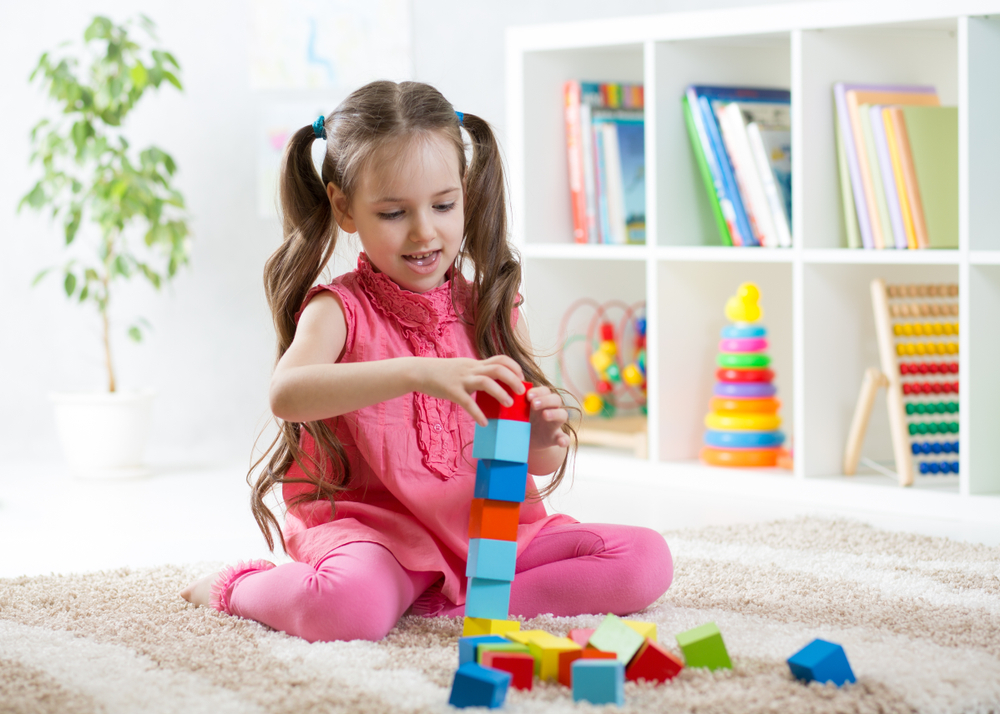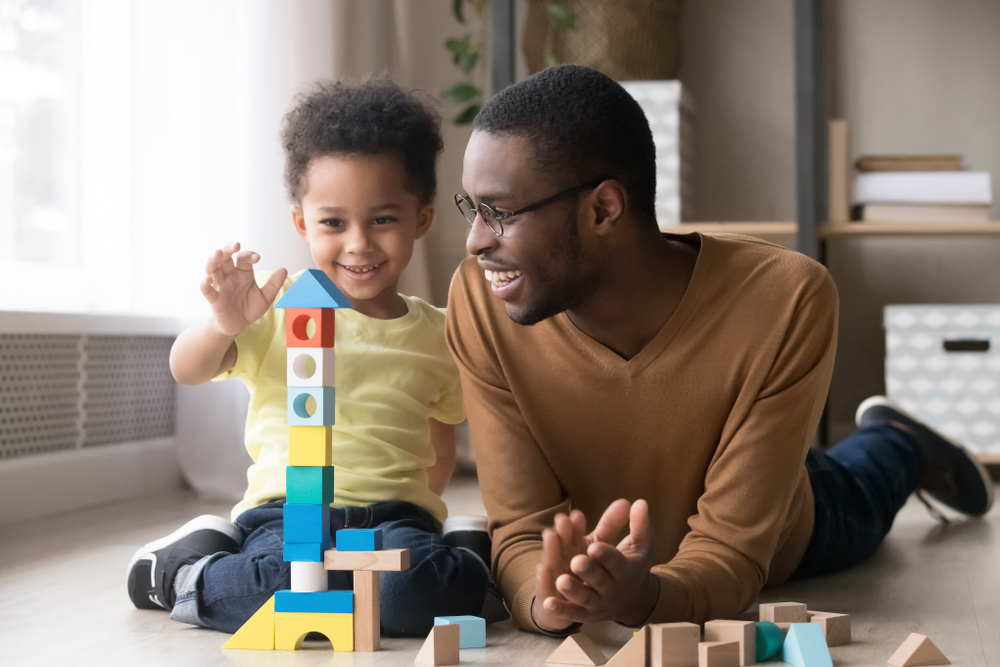Enhancing research skills Worksheets for Ages 3-8
6 filtered results
-
From - To
Discover our "Enhancing Research Skills Worksheets" designed specifically for children ages 3-8! These engaging, printable worksheets encourage early curiosity and critical thinking through fun activities tailored for young learners. Kids will explore topics ranging from simple observation to basic data collection, fostering essential research skills from a tender age. Our resources promote hands-on learning and creativity, ensuring an enjoyable educational experience. Each worksheet aligns with early learning standards, making them perfect for both classroom and home use. Ignite a love for learning and help your child become an efficient researcher with activities that capture their imagination and enhance their knowledge.
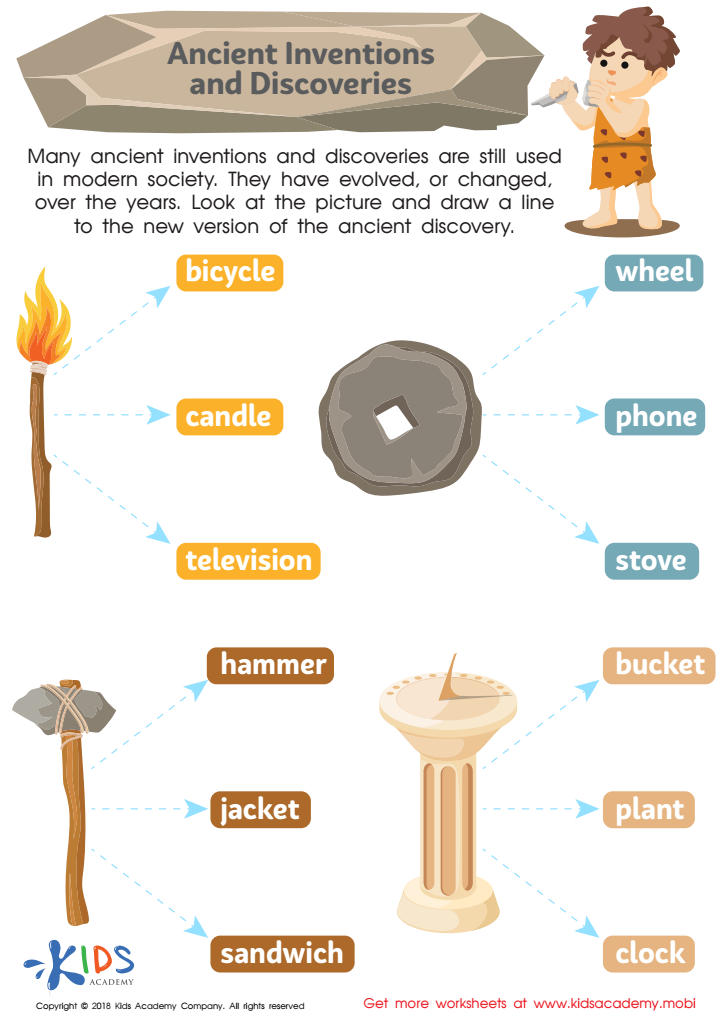

Ancient Inventions and Discoveries Worksheet
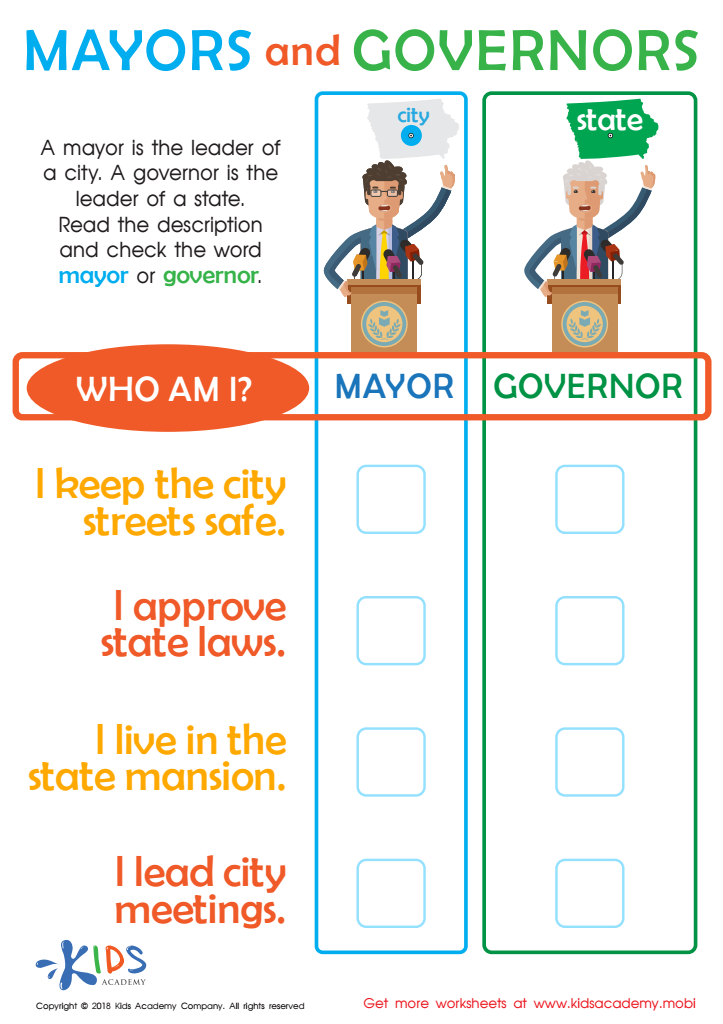

Mayors and Governors Worksheet
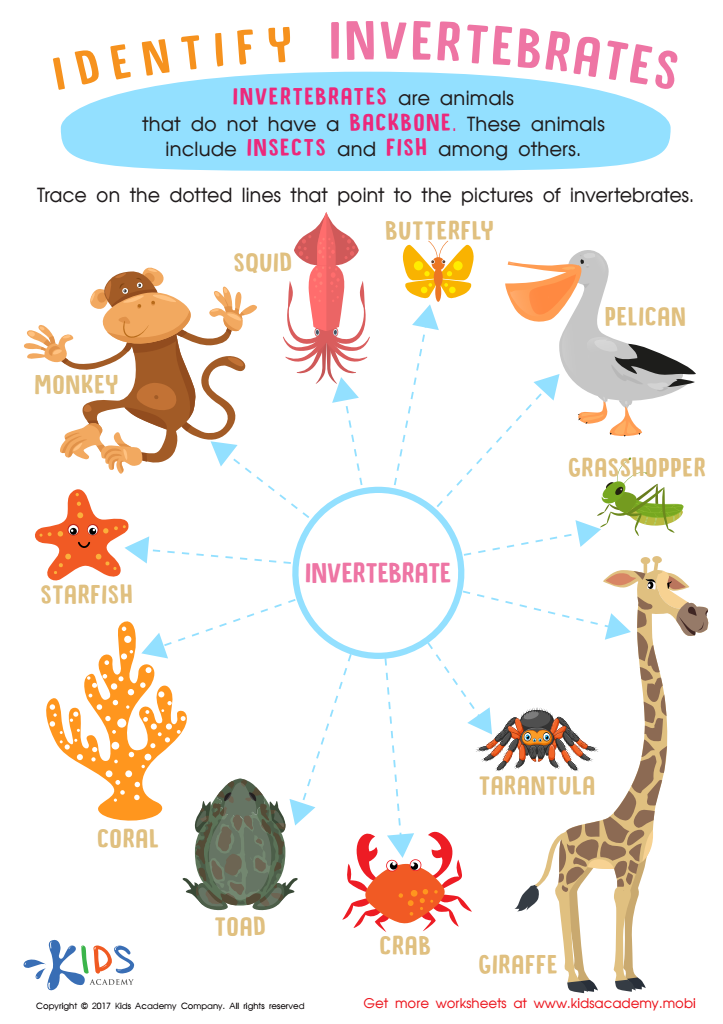

Invertebrates Worksheet for Grade 3
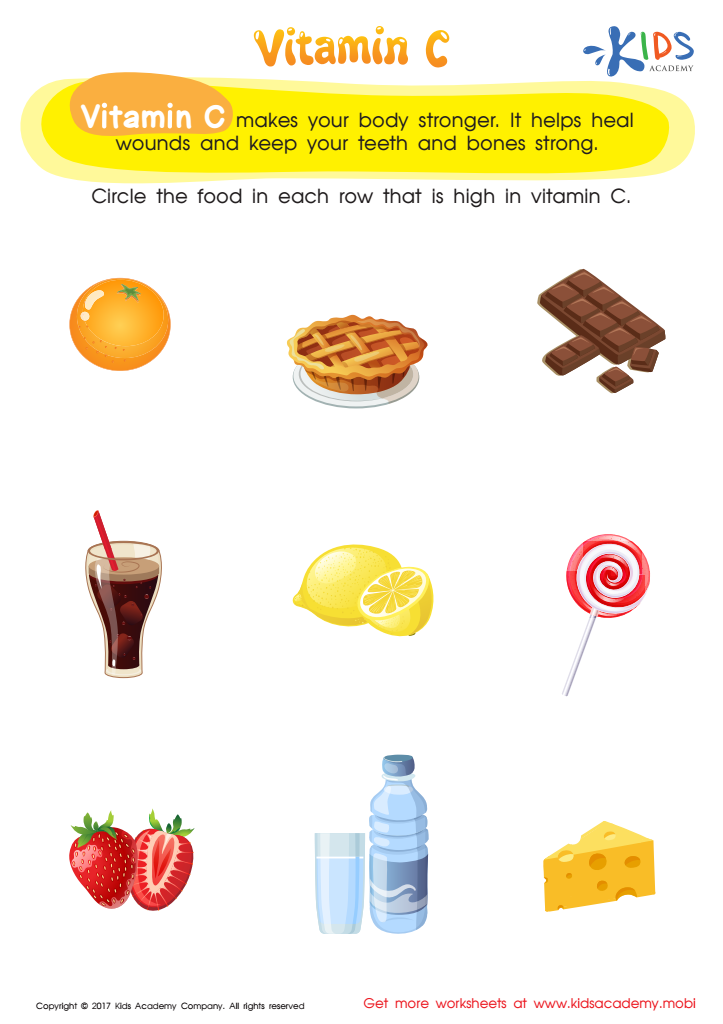

Vitamin C Worksheet
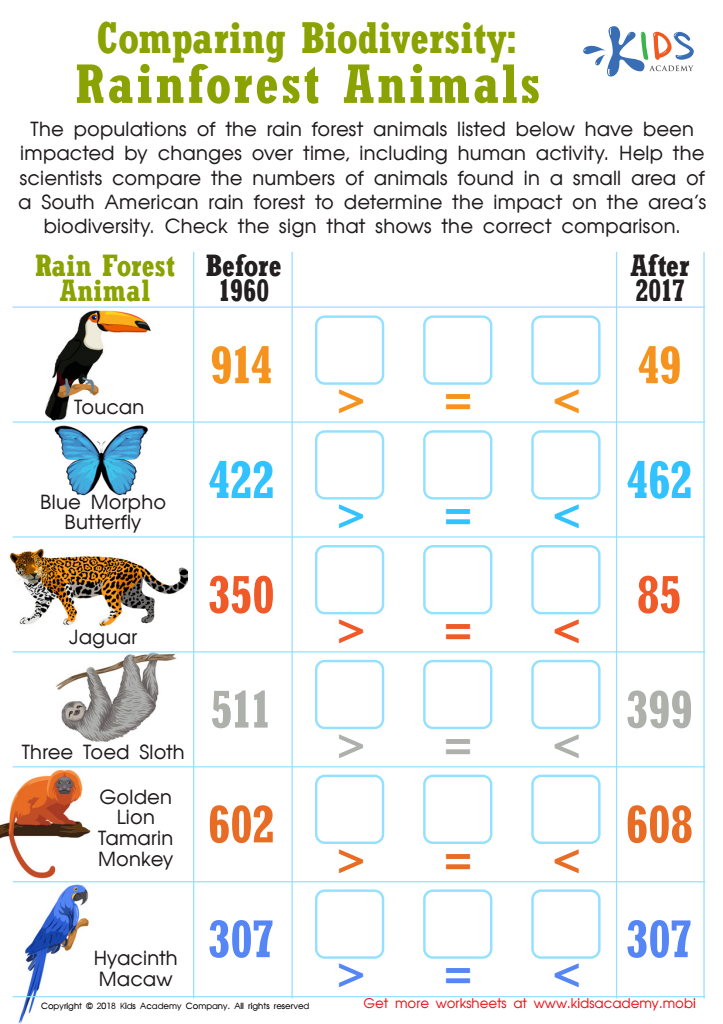

Comparing Biodiversity: Rainforest Animals Worksheet
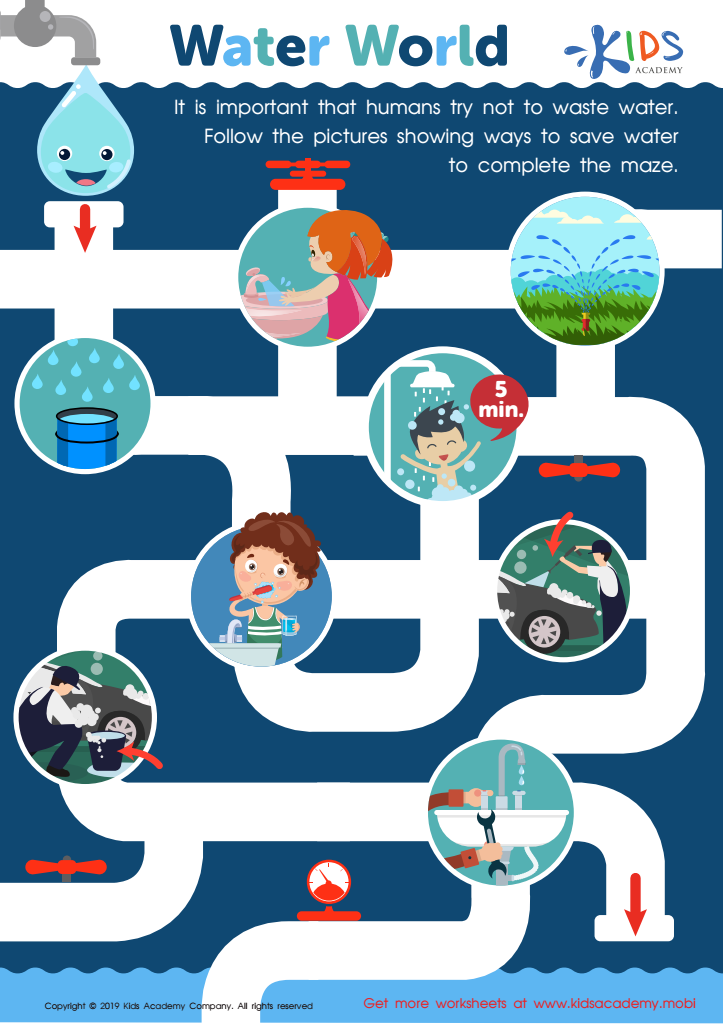

Water World Worksheet
Enhancing research skills for children aged 3 to 8 is crucial as it lays the foundation for critical thinking, curiosity, and lifelong learning. At this age, children are naturally inquisitive, asking questions about their environments. By fostering research skills early on, parents and teachers can guide children in learning how to seek answers, formulate questions, and explore topics in depth.
These skills promote problem-solving abilities, enabling young learners to navigate information and develop a sense of agency. Engaging in research activities cultivates creativity, as children explore various methods to gather information—be it through books, digital resources, observations, or through hands-on experiments.
Furthermore, introducing research skills helps improve literacy and comprehension, making it easier for children to process and interpret information. Early exposure to these skills also prepares children for future academic challenges, developing a foundation for advanced learning.
In addition, when children learn how to conduct research, they become more aware of their interests and passions, fostering a love for learning. This personal investment in education can improve motivation and engagement in school. Ultimately, empowering young children with research skills not only benefits their academic journey but also helps shape them into informed, responsible citizens.

 Assign to My Students
Assign to My Students



